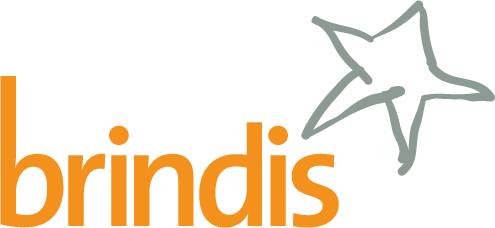Best Intent Versus Best Outcome

By Fred Copestake
A funny thing happened in the gym this morning. A fellow user having completed his set of chest flies dropped the weights to the side of the bench. Unfortunately, his glasses were there and he broke off one of the arms. I pointed this out so that he wouldn’t repeat the action and render them useless. However, no doubt tired from his exertions he misunderstood and believed that I had broken them. The look was filthy to say the least, and the heavy metal provided to assist training suddenly looked very much like weapons. Fortunately, it was quickly resolved.
This little interlude did however make me think about other times when we do something with the very best intent but the outcome is far from what we expected. My mind was cast back to a training session where, reacting to the real needs of the participants I introduced unplanned and unscripted material. Done with best intention I expected very positive feedback. Needless to say, I was surprised and disappointed (they are the words that can be published) to hear the training was considered ‘poor’ as I hadn’t kept to the agenda and that ‘the notes were wrong’. What I perceived to be the best thing to do came back to bite me. Perhaps I should have paused a fraction longer in my decision making and run a couple of ‘what if’ scenarios. In this case with a very analytical, process driven audience, many working in their second language.
So, my training partner and I started thinking about other business examples where this negative effect has occurred. A list was quickly formed with some very large companies gracing it including:
– Apple: iPhone 7 without headphone socket
– Microsoft: ME, Vista, Windows 9 etc
– Coca Cola: New Coke
– Waitrose: free coffee (when not available)
– British Airways: price reduction through dropping food and drink
The learning from this? That we shouldn’t try anything new or try to do the right thing?
Quite the opposite. I can think of many times where my approach has yielded great results and the companies above cannot be considered failures. Indeed, they learn from these experiences. So, the learning is essentially that – learning. Keep doing the right thing, most the time it does give the best outcome. If it doesn’t take a moment and consider what could have been done differently and use this experience next time such a decision must be made.
Incidentally, the group outlined above are now actually applying the ‘ad libs’ and getting results, so maybe the immediate outcome isn’t always the one to gauge anyway.
